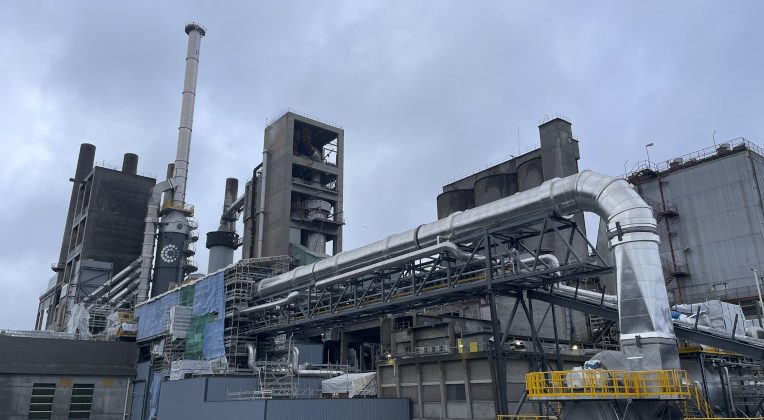Carbon Capture And Storage: The Frivolous Gamble Of Climate Policy
Carbon Capture and Storage (CCS) has become an essential part of European and global climate policy. The logic is simple: we capture CO2 emissions from factories and store them deep underground. This way we save the planet and the industry.
Industrial emissions account for about 25% of European emissions. To become climate neutral by 2050, they must disappear. CCS is also being counted on to green some of the energy sector’s emissions. Governments are willing to provide supportive regulation and invest heavily in it.
However, there are fundamental concerns about the feasibility of the technology, both technically and economically. Its failure could prove disastrous and undermine Europe’s climate strategy altogether.















